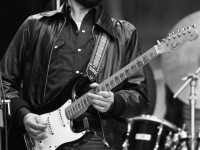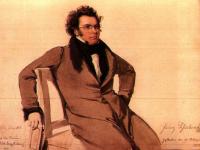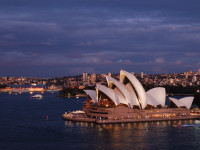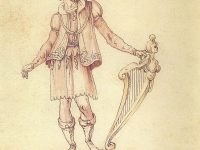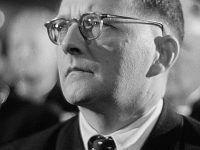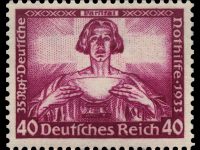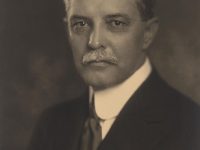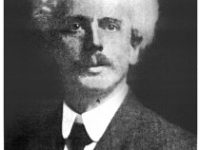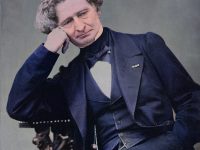Leo Fender and the Success of the Electric Guitar
On March 21, 1991, American inventor “Clarence Leonidas “Leo” Fender passed away. Fender developed the first solid-body electric guitar to be mass-produced: the Fender Broadcaster in 1948. His Stratocaster (1954) should become one of the most favored model of rock guitarists. “The design of each element should be thought out in order to be easy to make and easy to repair.” – Leo Fender [8] Leo Fender – Early Years Leo Fender was born…
Read more

